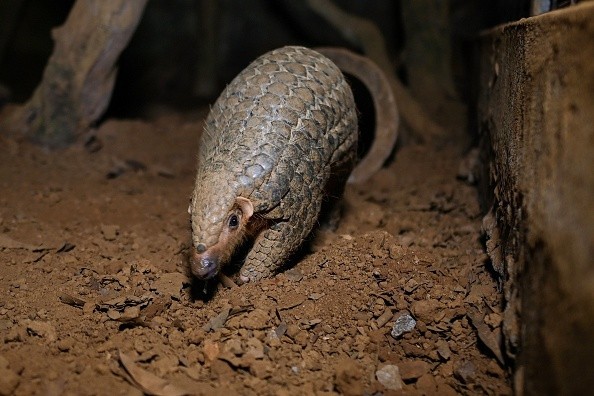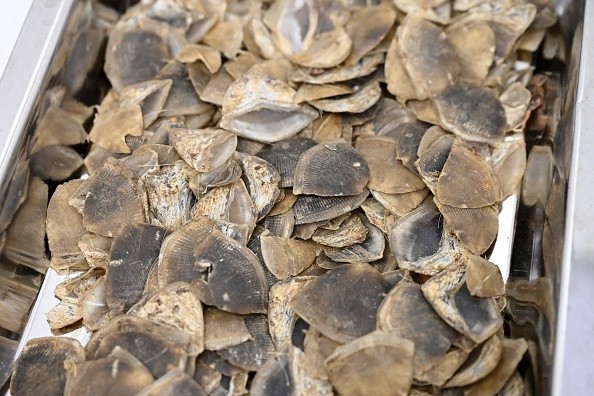Since the first confirmed pangolin seizure in Nigeria in 2010, the black market for the world's most trafficked animal has exploded, with the country becoming Africa's center for the illegal trafficking of pangolin-related products to East Asia.

Pangolin Trafficking in Nigeria
Pangolin scales have been used in traditional Chinese medicine, resulting in a catastrophic decline in Asian species this century.
Now, a group of conservationists headed by the University of Cambridge has published the first data-driven analysis measuring pangolin product seizures in Nigeria in order to estimate the magnitude of the illegal trade.
Between 2010 and September 2021, officials caught and recorded 190,407 kg of pangolin scales collected from at least 799,343 but likely almost a million deceased pangolins.
This sum is comparable to current estimates for the whole worldwide pangolin trade since 2000, indicating that trafficking levels are far higher than previously anticipated.
Following their departure from African coasts, several seizures happened in locations such as Hong Kong. Researchers observed pangolins from countries such as Cameroon and Gabon to Asian countries such as China and Cambodia, sometimes through France and Holland. All had pass through Nigeria.
Decline in Pangolin Populations
According to academics, despite recent advances and a few devoted cops, general enforcement in Nigeria is low and corruption is rampant. Only four people have been prosecuted in Nigeria for pangolin trafficking in the previous year.
As a result, intercepted shipments are only likely to represent a tiny portion of the pangolin goods currently being transported via Nigeria. Experts cites in the article published in Biological Conservation proposing that identified wildlife seizures are anywhere from 30% - only 2% of the total illicit trade.
All eight pangolin species (four African and four Asian) are threatened species, with three of them classified as critically endangered. Researchers took a random sample of dozens of bags seized by customs and estimated that white-bellied pangolin scales account for 90% of the scales used in trades connected to Nigeria.
White-bellied pangolins are one of the most common African species, however ,conservation groups classify them as vulnerable.
They are historically hunted and sold in local markets. International trafficking, according to researchers, is pushing the butchery of African pangolins to perilous new heights.

Reserchers' Demand For Increased Law Enforcement Efforts
Despite the fact that Nigeria has signed multiple laws prohibiting pangolin hunting and commercial trade, the country has been engaged in more documented trafficking occurrences than any other African nation.
According to analysts, the average mass of reported Nigeria-linked seizures climbed gradually from 2010 to 2017, when Nigeria established itself as the core of Africa's pangolin trade. While Nigeria served as a conduit at first, by 2019, practically all shipments originated in the nation.
Pangolin cargo was transported by land and air, but the bulk - over 65% of all scales - was transported by water, with marine smuggling becoming more common over time.
Some of the seizures took place in warehouses where the means of transportation and destination were unclear, but all of those apprehended in transit were most certainly headed for Asia. Vietnam (over 64 kg), China (over 48 kg), and Hong Kong (over 48 kg) received the most scales of any country or territory (over 21 kg).
The researchers advocate for stronger law enforcement efforts and mandated training for Nigerian customs employees in the identification of illicit wildlife goods, especially at seaports, as well as adequate seizure documentation by Nigeria and its neighbors.
For more news, updates about pangolins and similar topics don't forget to follow Nature World News!
© 2026 NatureWorldNews.com All rights reserved. Do not reproduce without permission.





